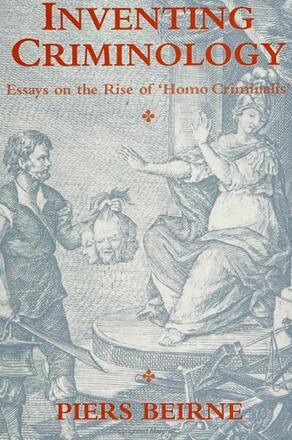
Inventing Criminology
Essays on the Rise of 'Homo Criminalis'
Alternative formats available from:
Description
This book traces the intellectual history of criminology, analyzing the influence of early classical European concepts of criminality and the development of positivist methodologies. It is an original and carefully researched work, adding significantly to our knowledge of the history of criminology. From Cesare Beccaria's Dei delitti e delle pene to Charles Goring's The English Convict , Beirne offers refreshing and challenging insights on the intellectual and social histories of a variety of important concepts and movements in criminology.
Piers Beirne is Professor of Sociology and Legal Studies at the University of Southern Maine.
Reviews
"The attempt to transform the conventional connection between classicism and positivism is very original, yet with an originality which has strong contemporary connections. " — Alan Hunt, Professor of Law and Sociology, Carleton University, Ontario
"Beirne is so deeply immersed in his materials that he is able to go far beyond the usual cliches to make observations about which I frequently said to myself, 'Yes, of course that is what is going on here! Why didn't I see that myself?''' — Nicole Hahn Rafter, College of Criminal Justice, Northeastern University